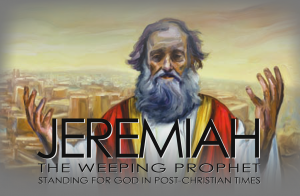
Thank you for joining us for our five days per week wisdom and legacy building podcast. We are broadcasting from our studio at The Big House in Marietta, Ohio. Today is Day 946 of our trek, and it is Wisdom Wednesday. Creating a Biblical worldview is important to have a proper perspective on today’s current events.
To establish a Biblical Worldview, you also need to have a proper understanding of God’s word. Especially in our western cultures, we do not fully understand the Scriptures from the mindset and culture of the authors. In order to help us all have a better understanding of some of the more obscure passages in God’s word, we are investing Wisdom Wednesday reviewing a series of essays from one of today’s most prominent Hebrew Scholars Dr. Micheal S. Heiser. He has compiled these essays into a book titled I Dare You Not to Bore Me with the Bible.
Should we be concerned when there are differences in the ancient text from which our modern Bibles are translated? Today’s essay will explore one such instance and how we should consider the outcome.

If we look beyond the details of Jeremiah’s anguish and apparently fruitless ministry, we can spot a dual emphasis in the book that bears his name: judgment and repentance. Emphasis is not the only double issue. Two full versions of the book have survived from antiquity—and they diverge in many ways.
The book of Jeremiah has come to us in two versions—a Hebrew version, the Masoretic Text, and a Greek version, the Septuagint (the ancient Greek translation of the Old Testament). Our modern English Bibles follow the arrangement and content of the Masoretic Text. The Septuagint version (or lxx) was translated from a Hebrew text of the book that differed in many ways from the Masoretic Text. Because of this, the Greek version is roughly one-eighth shorter than the Masoretic Text, and after Jeremiah [25:13], the order of the chapters differs dramatically.
Despite attempts to solve the “Jeremiah problem,” the textual history of both versions remains unresolved. We still don’t know which Hebrew text is older—the one we have today from the Masoretic Text or the one used by the scribes who created the Septuagint.
The fragmentary scrolls of the book found...